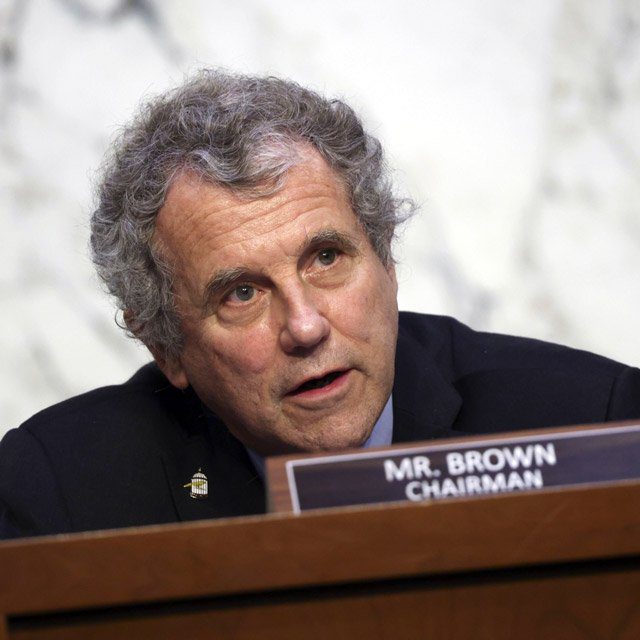NAIC Rejects Need for Federal Help With Private Equity-Owned Life Insurers

What You Need to Know
Sherrod Brown is the chairman of the Senate Banking Committee.
He is interested in transfers of pension plan obligations to private-equity-owned life insurers.
The NAIC says life insurer guaranty association protection appears to be comparable to PBGC pension benefits protection.
A group for state insurance regulators has told Sen. Sherrod Brown that its members are well-equipped to oversee the private equity firms that now own many U.S. life insurers.
State regulators are not seeking help from Washington with monitoring those private equity firm owners, the officers of the National Association of Insurance Commissioners wrote in a public letter sent to Brown earlier this week.
Brown is the chairman of the U.S. Senate Banking, Housing and Urban Affairs Committee.
The NAIC officers told Brown that U.S. life insurers have been writing complicated products and using large, complicated investment strategies for some time.
“Our system has experience at assessing and understanding this dynamic through market highs and lows,” the regulators said. “State insurance regulators are fully capable of assessing and managing the risks of these insurers, and there is nothing PE firms add to the playing field that changes this fact.
What It Means
If your clients have life insurance policies, annuities, defined benefit pension plan benefits that they know they have, or defined benefit pension plan benefits that they forgot about, then they have an obvious stake in the jousting between Brown and state insurance regulators.
If your clients have none of those products, but they own or work for businesses that serve a high percentage of customers who depend on annuity and pension benefits to pay their bills, they also have a dog in this fight.
How well life insurers work could affect those businesses’ revenue streams.
Private Equity Firms
Life insurance policyholders themselves own some life insurers. Most policyholder-owned insurers are known as “mutual insurers.”
Small, family-owned companies own others.
Big, “publicly traded” companies — companies with many investors, which have to file many detailed with securities regulators — own about two dozen U.S. life insurers.
The list of possible owner types also includes a wide range of organizations based outside the United States, and “private equity” firms.
A private equity firm is a company that invests in opportunities that are not typically available to relatively small retail investors.
U.S. securities regulators classify a private equity firm and affiliated funds as large, sophisticated investors, that are well-positioned to get information from a company by calling up the executives of the company.
A life insurer or other company owned by a private equity firm may be able to stop posting the kinds of detailed quarterly and annual financial reports that a publicly traded life insurer sends the SEC.
For life insurers, finding a private equity firm owner has been especially appealing because new accounting rules are on track to change how life insurers report on the performance of products that often stay in place a long time, such as traditional life insurance policies, fixed annuities, long-term disability insurance policies and long-term care insurance policies.
The idea is that retail investors might be frightened by an accounting-driven increase in a life insurer’s apparent performance volatility, but that private equity owners will blame the accounting rules and stick with their investment in a life insurer affected by the new rules.




